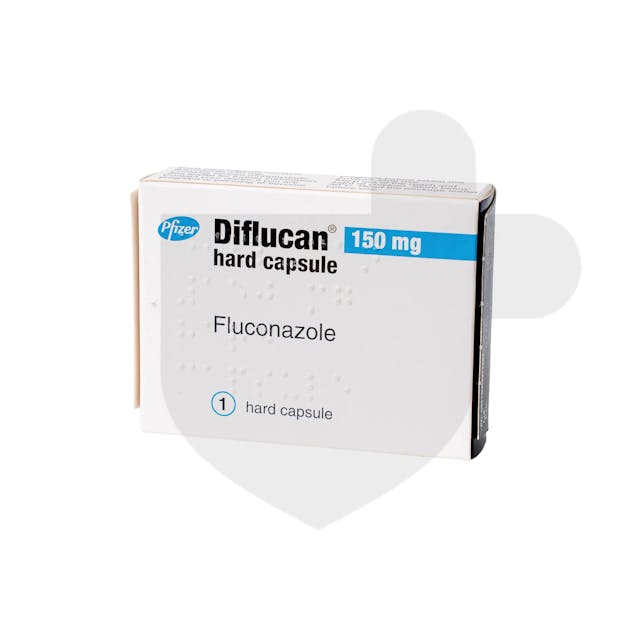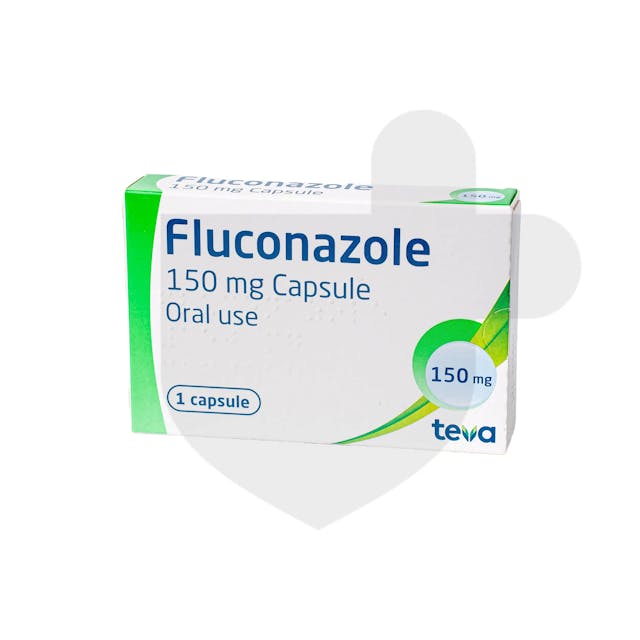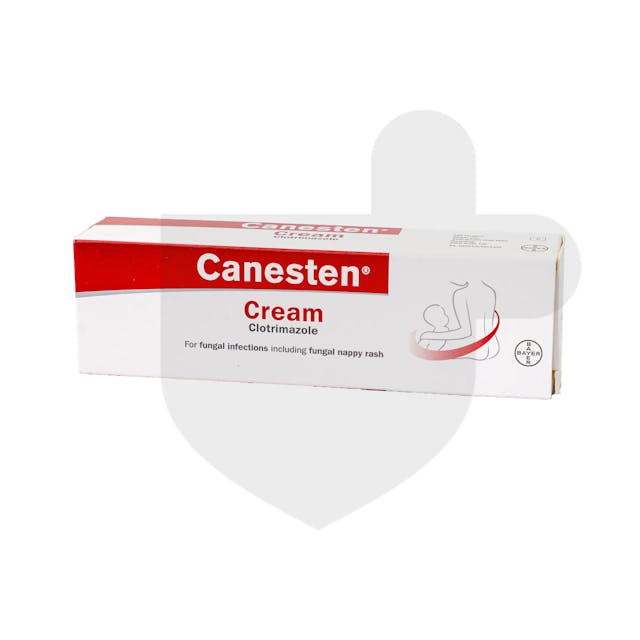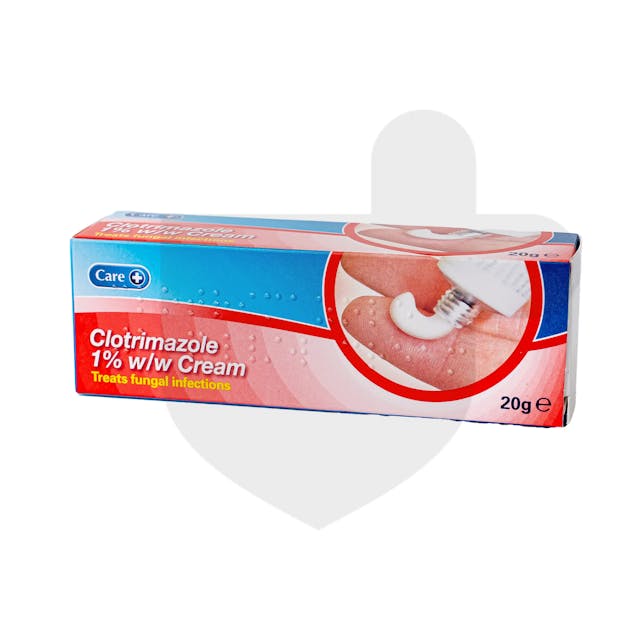Thrush
Treatment & Medications
With NowPatient's private treatment plans you can treat Thrush safely and easily in a few simple steps. Get started by selecting the available treatments you are interested in below or by hitting the start consultation button.
This content is intended for UK audiences only
Available treatments
Compare treatments
Get started with the right treatment for you
Treatments & Medications
delivery
service

Thrush, also known as oral candidiasis, is a common fungal infection that affects the mouth and throat, and sometimes other parts of the body. It can occur in people of all ages, but it is more commonly found in infants, older adults, and individuals with weakened immune systems. In this comprehensive guide, we will explore the causes, symptoms, and treatment options for thrush.
Thrush is a fungal infection caused by an overgrowth of Candida albicans, a type of yeast that naturally resides in the mouth and digestive tract. Under normal circumstances, the immune system and “good” bacteria in the body keep the Candida in check. However, certain factors can disrupt this balance and allow the fungus to multiply, leading to thrush.
What causes Thrush?
Thrush is caused by the Candida albicans fungus, which is normally present in the mouth and other parts of the body. Under certain circumstances, such as a weakened immune system, hormonal changes, or the use of certain medications, the fungus can multiply and cause symptoms. Thrush can manifest in two major forms: pseudomembranous form and atrophic form. The pseudomembranous form is characterized by white patches on the mouth, tongue, or throat, while the atrophic form is usually found in older adults and appears as red patches underneath upper dentures. It’s important to note that a thrush infection is not a sexually transmitted infection (STI) and is not contagious in most cases. Thrush can be caused by various factors that disrupt the natural balance of microorganisms in the mouth. These include:
- Taking antibiotics, which can kill off the beneficial bacteria that prevent Candida overgrowth
- Using inhaled corticosteroid medications for conditions such as asthma, as these can create an environment conducive to fungal growth
- Wearing ill-fitting dentures that can cause friction and irritation in the mouth
- Having a weakened immune system due to conditions such as HIV/AIDS, diabetes, or cancer
- Undergoing treatments such as chemotherapy or radiation therapy
- Having dry mouth, which can be caused by certain medications or medical conditions
- Smoking, which can weaken the immune system and damage the lining of the mouth
Risk factors for Thrush
Certain individuals are more susceptible to developing thrush due to underlying risk factors. These include:
- Infants and young children, especially those under the age of 6 months, as their immune systems are still developing
- Older adults, who may have weakened immune systems and age-related changes in oral health
- Weakened immune system: Conditions such as HIV/AIDS, cancer, or diabetes can weaken the immune system, making individuals more susceptible to thrush
- Poorly controlled diabetes: High blood sugar levels create an environment that is favorable for Candida growth
- Individuals undergoing cancer treatment, particularly chemotherapy, which can suppress the immune system
- Individuals with dry mouth, which can be caused by medications, certain medical conditions, or treatments such as radiation therapy
- Hormonal changes: Pregnancy, hormonal contraceptives, or hormonal imbalances can increase the risk of thrush
Signs and symptoms of Thrush
Thrush symptoms can vary depending on the individual and the severity of the infection. Some common symptoms of thrush include:
- White patches or plaques on the tongue, inner cheeks, gums, or throat. These patches may resemble cottage cheese and cannot be wiped away easily
- Redness and inflammation: Soreness and redness may be present in the mouth and throat
- Cracking or fissures: Thrush can cause cracks or fissures at the corners of the mouth
- Some individuals may experience a loss of taste or an unpleasant taste in the mouth
- Difficulty swallowing or a sensation of food getting stuck in the throat
- Cottony feeling in the mouth
- Discomfort or pain in the affected areas, making it difficult to eat or swallow
Symptoms of vaginal thrush may include vaginal and vulval discomfort, a thick white vaginal discharge, redness or swelling of the vulva or vagina, redness, swelling or cracks in the genital skin, and stinging or burning when urinating or during sex.
In some cases, individuals with thrush may not experience any symptoms (especially if the infection is mild), while others may have symptoms that are more severe. However, it is important to seek medical attention if you suspect you have thrush, as untreated infections can lead to complications.
Diagnosis of Thrush
If you suspect you have thrush, it’s important to seek medical attention for an accurate diagnosis. A healthcare professional will typically take a medical history and examine the mouth and throat for signs of thrush.
In some cases, a swab or sample may be taken of the lesion to examine under a microscope and confirm the presence of Candida. This can be done at a GP practice, sexual health service, or in a pharmacy. The sample is usually collected using a cotton bud and sent to a lab for analysis. In certain circumstances, additional blood tests may be recommended to check for other medical conditions or complications associated with thrush.
Treatment options for Thrush
The goal of thrush treatment is to eliminate the fungal overgrowth of Candida and relieve symptoms. The specific treatment approach will depend on the severity of the infection and the underlying factors contributing to thrush. In mild cases, self-care measures and home remedies may be sufficient to alleviate symptoms. These may include:
- Salt water rinses: Rinsing the mouth with a solution of salt and warm water can help reduce inflammation and promote healing
- Baking soda rinses: Similar to salt water rinses, rinsing with a solution of baking soda and warm water can help control the growth of Candida
- Probiotic yogurt: Consuming probiotic yogurt or taking probiotic supplements can help restore the natural balance of bacteria in the mouth and inhibit the growth of Candida
- Lemon juice: Lemon juice has antiseptic properties and may help fight against the Candida fungus. Mixing lemon juice with water and using it as a mouth rinse can be beneficial
- Turmeric: Turmeric contains a compound called curcumin, which has anti-inflammatory and antifungal properties. Consuming turmeric or using it as a mouth rinse may help reduce inflammation and inhibit the growth of Candida
- Clove oil: Clove oil has been used for centuries as a natural remedy for oral problems. It has antiseptic and pain-relieving properties and may be effective against Candida. Applying clove oil or using it as a mouth rinse can help alleviate symptoms
In more severe cases of thrush or when home remedies are not effective, antifungal medications may be bought over the counter or prescribed for healthy adults and children. These medications can be in the form of topical antifungal creams or sprays, vaginal pessaries, oral lozenges, tablets, or oral solutions, or systemic medications that work throughout the body. In some cases, combination therapy may be recommended. Common antifungal medications include clotrimazole, nystatin, fluconazole, and miconazole. The specific medication and duration of treatment will depend on the individual’s condition and response to treatment.
Infants and nursing mothers with thrush may be prescribed antifungal medicines for both the baby and the mother’s nipples to prevent reinfection.
Individuals with weakened immune systems may require more aggressive treatment, including longer courses of antifungal medications or intravenous administration.
Prevention of Thrush
Preventing the recurrence of thrush is important, especially for individuals who experience frequent episodes. Taking preventive measures can help reduce the risk of developing thrush. These include:
- Maintain good oral hygiene: Brush and floss regularly, and replace your toothbrush regularly. Clean and disinfect dentures thoroughly to prevent fungal growth, and remove them at night to give the mouth a chance to rest
- Avoid irritants: Avoid using perfumed products, bubble baths, and vaginal washing products that can irritate the skin and disrupt the natural balance of microorganisms
- Keep the genital area dry: Moisture can promote the growth of Candida. Keep the genital area clean and dry, and choose breathable underwear made of natural fibers
- Manage underlying medical conditions: Keep underlying conditions such as diabetes or immune deficiencies well-controlled with appropriate medical care
- Take preventive measures during antibiotic use: If you’re prescribed antibiotics, discuss with your healthcare provider the potential risk of thrush and whether preventive treatment is necessary. Also, avoid unnecessary or prolonged use of antibiotics, which can disrupt the natural balance of microorganisms in the body
- Avoiding the use of tobacco products, as smoking can weaken the immune system and increase the risk of thrush
- Keeping the mouth moist by staying hydrated and using saliva substitutes if necessary
Thrush in babies and children
Thrush is a common infection in infants and young children. It can be passed from mother to baby during childbirth or through breastfeeding. Infants with thrush may exhibit symptoms such as white patches in the mouth or on the tongue, fussiness or irritability, and difficulty feeding.
Treatment for thrush in babies and children typically involves antifungal medications, such as oral gels or drops. It is also important to maintain good hygiene practices, including sterilizing pacifiers and bottle nipples, to prevent reinfection.
Thrush in older adults
Older adults are more susceptible to thrush due to age-related changes in oral health and weakened immune systems. Symptoms may include white patches on the tongue or inner cheeks, discomfort or pain while eating, and dry mouth.
Treatment for thrush in older adults is similar to that for other age groups and may involve antifungal medications. It is also important for older adults to maintain good oral hygiene and address any underlying health conditions that may contribute to the development of thrush.
Complications of Thrush
In most cases, thrush does not cause serious complications. However, if left untreated or if the immune system is severely compromised, the infection can spread to other parts of the body. This can lead to more serious conditions, such as invasive candidiasis, which may affect vital organs and require intensive medical treatment.
Recurrent Thrush
Some individuals may experience recurrent episodes of thrush, defined as four or more episodes within a year. Recurrent thrush may require additional investigation to identify underlying causes or contributing factors. This may involve testing for conditions such as diabetes or assessing immune function. Depending on the findings, a healthcare provider may recommend long-term or preventive treatment with antifungal medications.
Candida infections in other parts of the body
While thrush primarily affects the mouth and throat, Candida infections can occur in other areas of the body. These include vaginal yeast infections, diaper rash, skin infections, and invasive candidiasis.
The treatment and management of Candida infections in other parts of the body may vary depending on the location and severity of the infection. It is important to seek medical attention for proper diagnosis and treatment.
Conclusion
Thrush is a common fungal infection caused by an overgrowth of Candida albicans, that can cause discomfort and inconvenience in individuals of all ages. By understanding the causes, symptoms, and treatment options for thrush, you can take proactive steps to prevent and manage this condition. With prompt diagnosis and appropriate treatment, most cases of thrush can be effectively managed. Whether through self-care measures, home remedies, or antifungal medications, the goal is to eliminate the overgrowth of Candida and alleviate symptoms. By maintaining good oral hygiene, managing underlying conditions, and taking preventive measures, the risk of recurrent thrush can be minimized. If you suspect you have thrush, it is important to consult with your healthcare provider for an accurate diagnosis and appropriate treatment. With proper care and treatment, thrush can be effectively managed and its impact minimized.
Sources
- NHS thrush
- Clevelandclinic – Thrush
- Mayoclinic – Thrush
- CDC – Thrush
- NHS Inform – Thrush
- Cedars-Sinai – Thrush
Medical Disclaimer
NowPatient has taken all reasonable steps to ensure that all material is factually accurate, complete, and current. However, the knowledge and experience of a qualified healthcare professional should always be sought after instead of using the information in this page. Before taking any drug, you should always speak to your doctor or another qualified healthcare provider.
The information provided here about medications is subject to change and is not meant to include all uses, precautions, warnings, directions, drug interactions, allergic reactions, or negative effects. The absence of warnings or other information for a particular medication does not imply that the medication or medication combination is appropriate for all patients or for all possible purposes.
What is NowPatient
Telehealth and Online Pharmacy
NowPatient is a licensed online pharmacy and doctor service that is available around the world. Our service is FREE and packed with valuable features that can benefit your health such as medication reminders, educational blogs, medically approved symptoms checker, UK NHS online pharmacy, private treatment plans, Rx Advantage card, health conditions information, affordable medications options, genetic testing, home test kits, health risks, pollen meter, air quality monitor, weight loss plans, drug savings programs and lots more!

WHY WE BUILT NOWPATIENT
To improve the lives of everyone by making high-quality care accessible and convenient
We are here to improve lives. Our service gives you access to smart features and resources that can help empower you to take control of your health and improve your health outcomes. All this, in one place, for FREE. We strive to bring a fresh perspective to managing health. NowPatient can be accessed by downloading the App or using your web browser.
Download our app today

Can I trust NowPatient
Meet our medical team
We are a passionate group of clinicians and medical writers covering a broad range of specialities with experience operating in health systems in the United Kingdom & United States. Providing excellent care and advice is at the heart of everything we do. You can read more about our medical team by visiting the medical team page or learn more about how we curate content by visiting our editorial process



